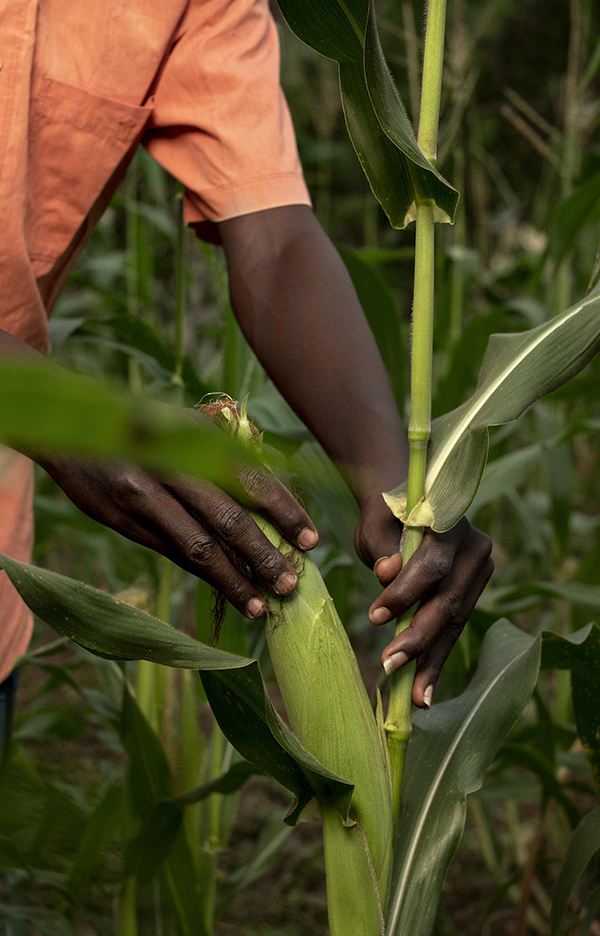Sack Gardening and Food Security
by Sr. Cecilia Kanulor
Torugbene mission in southern Nigeria has helped us to discover new and creative ways to live and survive in the climate of this mission. Growing plants and vegetables in sacks is one of them. When we MMMs arrived, we had great difficulty in finding a particular kind of green leaves we were used to. In fact we discovered the local people ate very few fresh vegetables. The long search in Torugbene to find fresh vegetables spurred us into action to start growing through sack gardening.
 Through this innovative way of living, we have learnt how to live in plenty and in situations where there is nothing, as Philippians Chapter 4: 12-13 acknowledges. However, purifying the water for domestic use is also included in this experience.
Through this innovative way of living, we have learnt how to live in plenty and in situations where there is nothing, as Philippians Chapter 4: 12-13 acknowledges. However, purifying the water for domestic use is also included in this experience.
Certainly, sack gardening is ideal for balconies or small gardens where space is scarce. This is not the case in Torugbene, but it is ideal for us for another reason. The reality of developing sack gardening in this environment started when the pioneer sisters arrived on the 1st of October 2015, which was the opening day of the mission. On arrival, the Sisters observed that the place was covered by water being a riverine area.
While settling in this strange environment, the Sisters discovered that there were no vegetables in the area and almost all the people from this region called the Ijaws are not keen on fresh vegetable leaves either.
To stay healthy and carry out the mission work in this area, the Sisters started planting green vegetables, tomatoes, okro, pepper, and water leaves in nylon bags and, sometimes, plastic containers. The reason for this method of planting is because the area is covered by water from July until the middle of December annually. Torugbene is situated in the delta area of the River Niger. So, the sisters engage in growing sack gardening in Torugbene yearly, from July until December when the water-logged areas dry up.
However, through this method, we are assured of having vegetables throughout the year. We also share with patients, especially those that are anaemic. We also have enough to share with our Sisters in the diaspora as well as our friends. Although we do not have the opportunity of getting most of the things that we need upland, especially foodstuff, our surrounding and growing sack gardening annually is sustaining us greatly. This process of planting has also encouraged our neighbours to start planting in sacks too, especially when the place is flooded. Moreover, we are also planting other seeds like; avocado, mango, scent leaves to be transplanted to the garden of the new building when it is completed. Additionally, the experience of micro-gardening has improved our community cuisine, therefore, making our cooking more interesting, tasty, and enjoyable.
